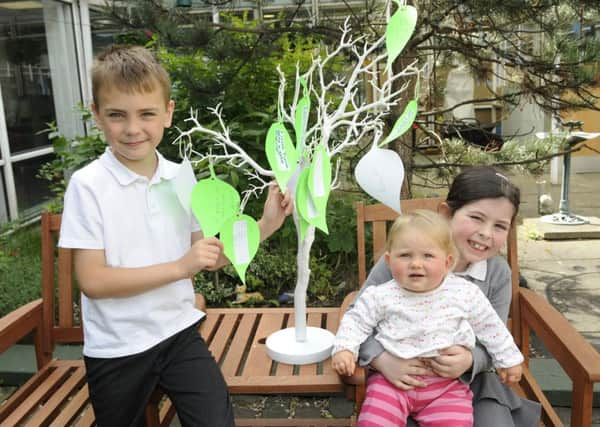Bringing in babies helps stop bullying in schools


More than 15,000 Scottish children have taken part in the “Roots of Empathy” project aimed at improving pupil behaviour, which involves parents taking babies into classes.
The pupils, aged between five and eight, spend time observing babies and are taught to understand why an infant is crying with the help of a trained instructor.
Advertisement
Hide AdAdvertisement
Hide AdGlasgow University researchers found that the programme reduced childhood aggression by 76 per cent among those taking part and helped make pupils more aware of the feelings of other children.
Teachers found that it helped improve the behaviour and attitudes of children who are a bit “spoilt, selfish and get involved in disputes”, the report conducted by the university and the QA Research agency said.The programme is run by the Action for Children Scotland charity in 26 Scottish local authority areas, including Glasgow, Edinburgh, Aberdeen, Dundee and the Scottish Borders.
More than 600 families have participated in the scheme, which involved a parent and their baby visiting the classroom every three weeks during the course of a school year.
The researchers looked at nearly 700 pupils on the programme for the report, which found that teachers noticed “the positive effect of the programme on pupils” behaviour.
Paul Carberry, director of children’s services at Action for Children Scotland, said: “This new research shows that the innovative programme has made a significant impact on their development at what is a very important age.”